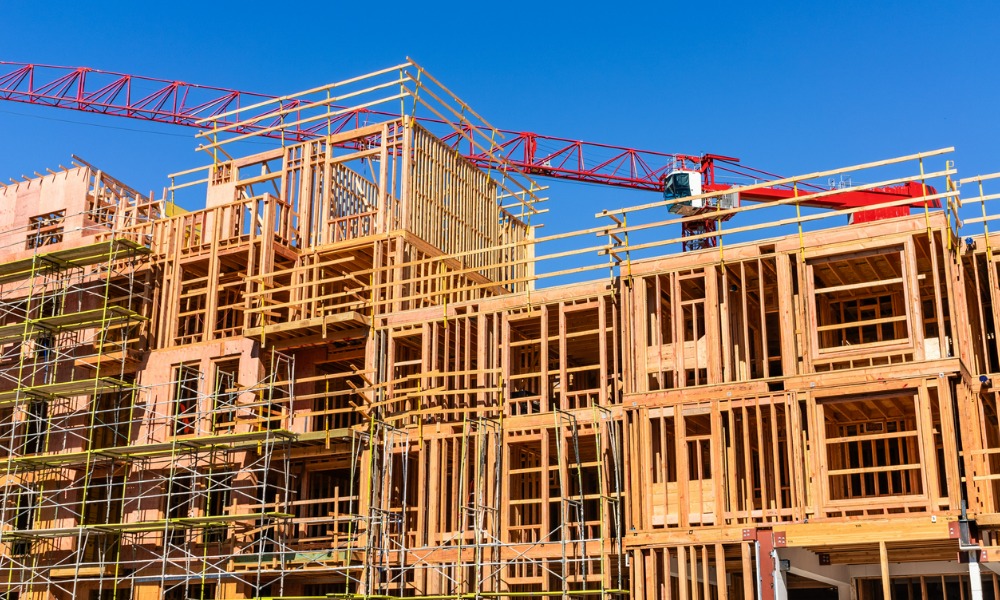Embattled construction industry sees reason for optimism

Builders in Australia are facing challenges in selling houses as interest rate hikes and economic uncertainty lead buyers to be more cautious.
The collapses of major builders have added to the uncertainty, impacting subcontractors and increasing costs for purchasers, The Australian reported. However, there is optimism for a brighter medium-term outlook, fueled by significant immigration into the country, driving up demand for rental properties and eventually translating into home purchases.
A recent survey conducted by Macquarie revealed that approximately half of the sales agents at detached home builders experienced flat sales in the past three months. Only 9% expected sales to improve soon, citing uncertainty surrounding the cash rate and weak buyer sentiment as key factors, The Australian reported. Builders reported tough conditions and did not anticipate a sales recovery in the near future.
“Uncertainty on the peak cash rate is likely to continue to weigh on sales in the near term, but long-term fundamentals are strong given migration and low residential vacancy,” Macquarie said.
The survey findings were in line with data from the Housing Industry Association, which showed a marginal improvement in new home sales over the past three months after a sharp decline in the second half of 2022, The Australian reported. Survey respondents attributed the decline in sales to limited access to credit, with 77% citing it as the primary reason. Some builders also noted a significant decline in first-time homebuyer interest, as cash buyers proved more resilient to rising rates and stricter lending standards.
The relatively weak residential sales environment has led to a decline in land prices, according to more than three-quarters of the surveyed builders. Rebates have been offered to stimulate sales, while commercial agents have reported falling site values due to challenges in securing pre-sales for high-rise projects.
Macquarie said that the series of interest rate hikes since February, including unexpected increases in May and June, along with a more hawkish monetary policy stance, have dampened the near-term recovery of the residential market.
Read next: Building sector prepares for worst year in a decade
Property developers, such as AVJennings and Aspen Group, echoed the challenging market conditions caused by rising interest rates, but they also identified opportunities for growth, The Australian reported. AVJennings reported consistent sales levels, particularly for completed built-form homes, while Aspen Group highlighted historically low vacancy rates and strong rental growth nationwide.
Stock investors are positioning themselves for a potential recovery in residential volumes and earnings. However, UBS cautioned that the current cycle differs from previous shifts, as the pandemic-induced government stimulus and low interest rates created unprecedented residential demand. Production delays due to lockdowns, labour shortages, and supply chain disruptions have impacted the industry. UBS emphasised affordability concerns, with mortgage repayments reaching record levels as interest rates rise.
The bank noted the forecasted immigration of 387,000 people this year, which would maintain rental vacancy rates below 2% and support approximately 10% rent growth, The Australian reported. Despite these positive factors, UBS highlighted ongoing production challenges, including a lack of skilled labour and competition from non-residential construction projects, which could limit a rapid normalisation of housing approvals.
Have something to say about this story? Let us know in the comments below.



